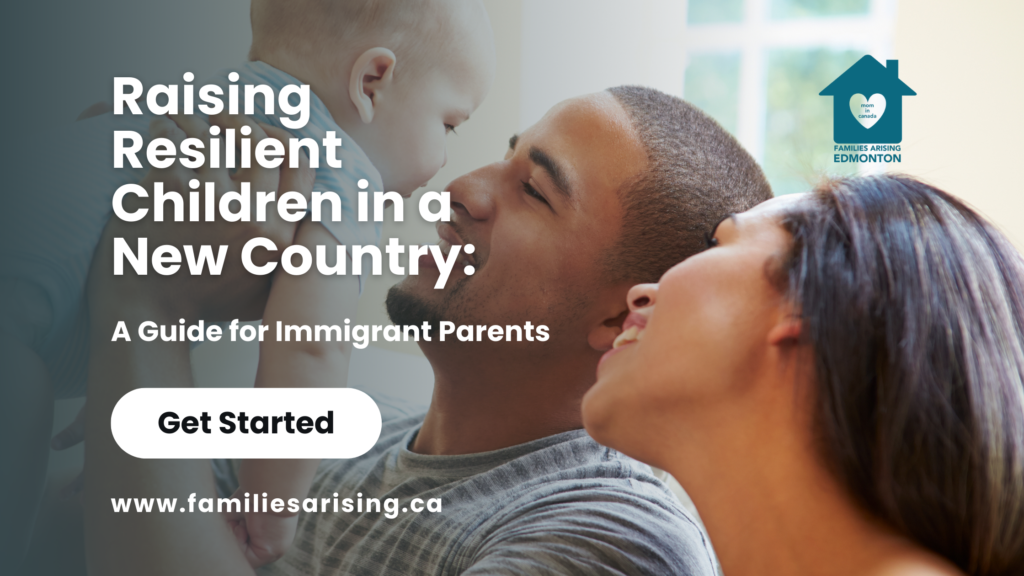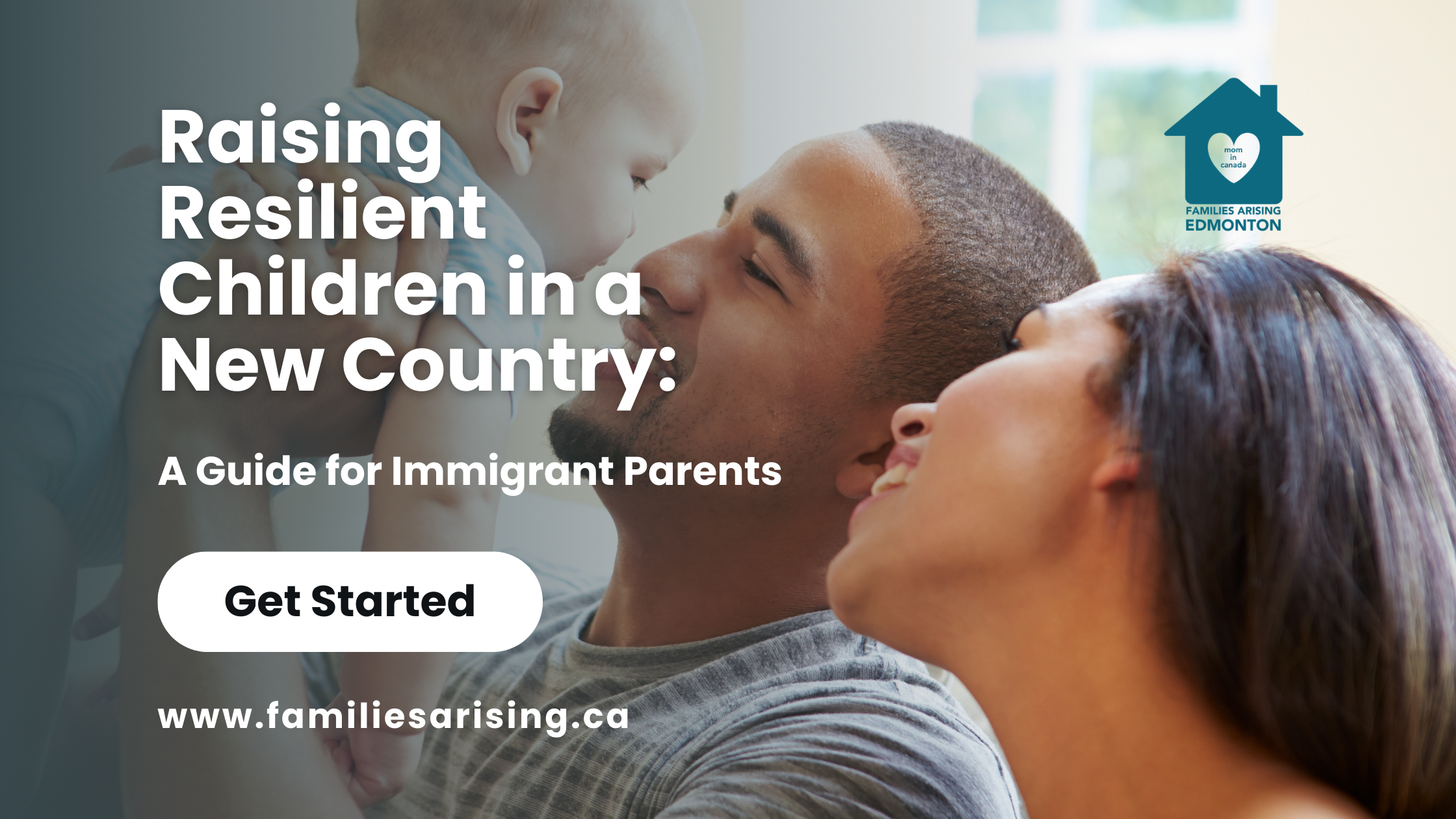Moving to a new country is a life-changing experience, especially for families with children. As parents, you want your kids to thrive emotionally, socially, and academically while maintaining their cultural identity. However, the challenges of adjusting to a new environment, school system, and cultural norms can be overwhelming.
The key? Raising resilient children—kids who can adapt, bounce back from difficulties, and grow stronger despite challenges.
What is Resilience?
Resilience is the ability to cope with change, overcome difficulties, and adapt to new situations without losing a sense of self-worth. It’s what helps children navigate setbacks, whether it’s learning a new language, making new friends, or handling cultural differences.

How to Foster Resilience in Your Children
1. Acknowledge Their Feelings
Moving to a new country can bring mixed emotions—excitement, fear, sadness, or confusion. Encourage open conversations. Ask questions like:
✅ How are you feeling about the move?
✅ What’s been the hardest part of adjusting?
✅ What do you miss about home?
Validate their emotions. Instead of saying, “Don’t worry, you’ll be fine,” try “I know this is tough, but we will get through it together.”
2. Keep Cultural Roots Alive
Maintaining a sense of identity is crucial. Celebrate your culture at home by:
- Speaking your native language alongside English/French.
- Cooking traditional meals and sharing family traditions.
- Teaching them about their heritage and why it matters.
This balance helps children feel grounded while integrating into their new community.
3. Encourage Problem-Solving Skills
Resilient kids learn to solve their own problems instead of relying solely on adults. Teach them to:
✔ Think of possible solutions when facing challenges.
✔ Ask for help when needed.
✔ Take small steps outside their comfort zone (e.g., talking to a new classmate).
Rather than fixing every problem for them, ask: “What do you think you can do about this?” This builds confidence and independence.
4. Help Them Build a New Support System
Friendships and social connections are vital. Help your child:
🟢 Join school or community activities (sports, clubs, church groups).
🟢 Meet other immigrant children who understand their experience.
🟢 Stay in touch with family back home for emotional support.
A strong support network provides a sense of belonging and reduces feelings of isolation.
5. Be Patient with Academic Adjustments
The education system may be vastly different from what your child was used to. They may struggle with:
📌 A new language (English/French).
📌 Different teaching styles.
📌 Feeling behind their peers.
Encourage effort over perfection. Celebrate small wins like learning new words, improving grades, or participating in class discussions. If needed, seek tutoring, ESL support, or extra practice at home.
6. Model Resilience as a Parent
Children learn resilience by watching you. If they see you facing challenges with a positive mindset, they’ll do the same.
📍 Share your own struggles and how you’re overcoming them.
📍 Show that mistakes are learning opportunities.
📍 Practice self-care—when you take care of your mental and emotional well-being, you set an example for your child.
7. Pray Together & Lean on Faith
For families of faith, prayer can be a source of strength during uncertain times. Encourage children to pray about their fears and trust that God is guiding them through this transition.
Final Thoughts
Adjusting to a new country is not always easy, but with love, patience, and intentional support, your children can thrive. By fostering resilience, you’re not just helping them survive this transition—you’re equipping them with life skills that will benefit them for years to come.
Do you have any tips for helping children adjust to a new country? Share in the comments below!



